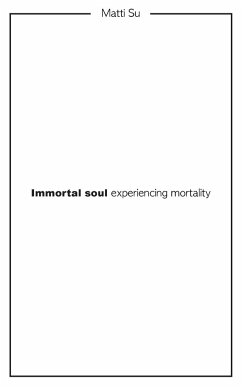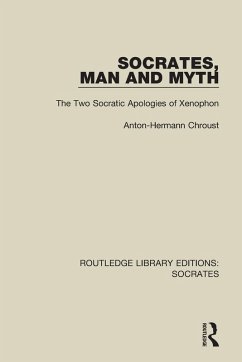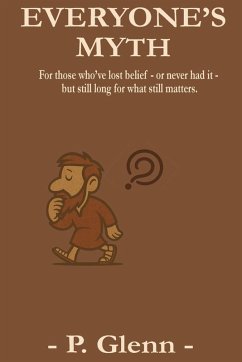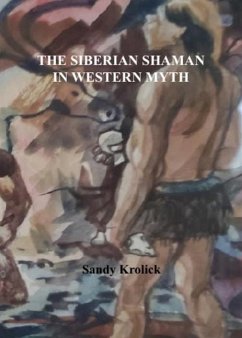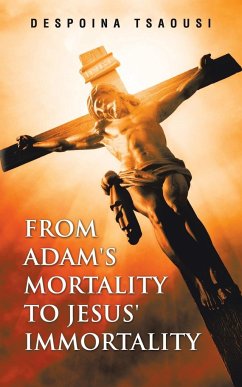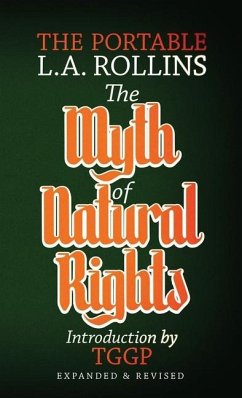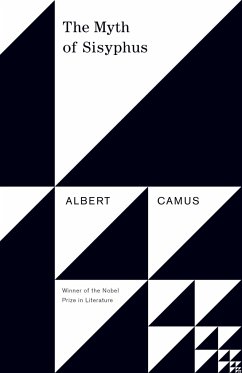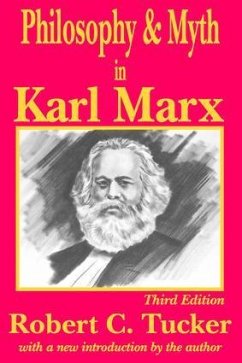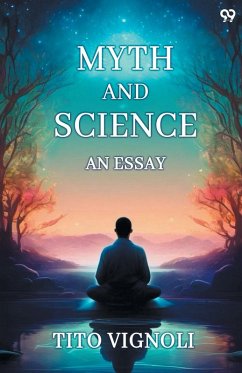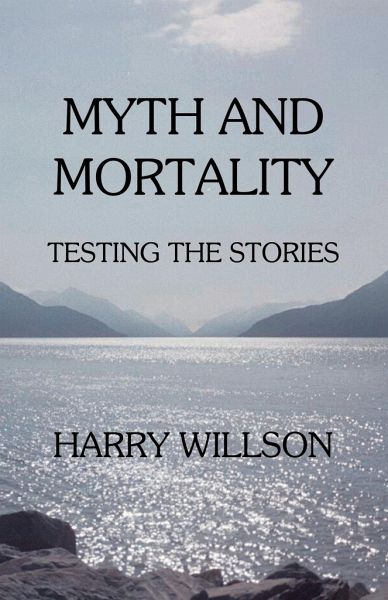
Myth and Mortality
Testing the Stories
Versandkostenfrei!
Versandfertig in 1-2 Wochen
15,99 €
inkl. MwSt.

PAYBACK Punkte
8 °P sammeln!
Myth and Mortality: Testing the Stories, by Harry Willson, relates the author's field of expertise, that is, mythology, to the field of Death and Dying. Years of counseling the sick and dying, and years of searching with students for answers to life's big questions, have helped him with this task. Informed by personal experience and scholarly study, Willson challenges readers to examine the ideas and beliefs they may have accepted by default, and to make a conscious choice to replace all that breed guilt, hatred and fear with those that bring joy, compassion, and enthusiasm for life. He sugges...
Myth and Mortality: Testing the Stories, by Harry Willson, relates the author's field of expertise, that is, mythology, to the field of Death and Dying. Years of counseling the sick and dying, and years of searching with students for answers to life's big questions, have helped him with this task. Informed by personal experience and scholarly study, Willson challenges readers to examine the ideas and beliefs they may have accepted by default, and to make a conscious choice to replace all that breed guilt, hatred and fear with those that bring joy, compassion, and enthusiasm for life. He suggests that fear or denial of death is the result of our unwillingness to set aside ego. The actual work of preparing this book was triggered by the way Willson's parents died: his mother suddenly and easily, doing her self-appointed task which was caring for her ailing husband, and his father slowly and miserably, not believing in the end what he had so assiduously taught others all his life. "His mythology let him down," Willson says. The first twenty-six pages of the book tell that dramatic story -- "Two Deaths One Summer." Then follow essays entitled, "The Denial of Death," "Our Aging Population," and "We Need a Mythology. The last one introduces the main body of the book, which works through thirty-two different beliefs or metaphors dealing with death, and gives frank evaluations of how helpful they may be for persons confronting death. They are arranged according to the source of the myths under analysis. Willson deals first with Stories from Infantile Wishing. Then he proceeds to stories from Contemporary Media, from Socio-Political Movements and from Practical Observation. His most striking innovation is the distinction between Stories from Religion, which are designed to preserve Ego, and Stories from Philosophy, which enable us to transcend Ego. The book ends with an essay, "Whose Task Is This?" in which the author challenges each reader to be in some way ready to be responsible for his or her own departure. Ego is the problem.



